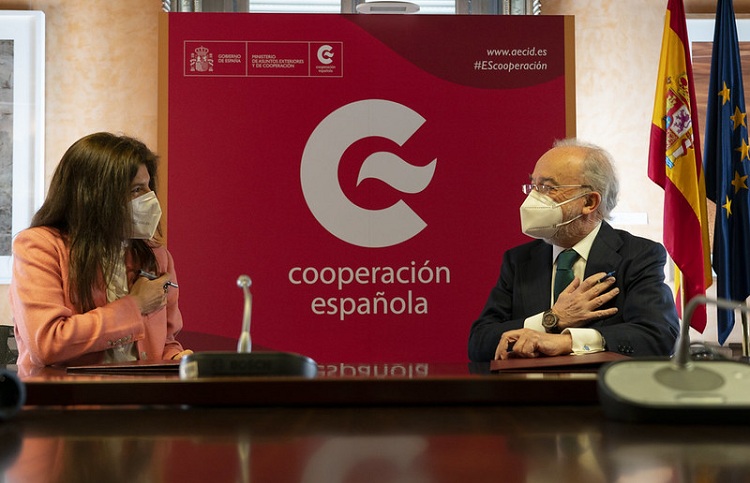The Diplomat
The Legal Affairs Committee of the European Parliament yesterday approved the report that calls for lifting the European parliamentary immunity of the former president of the Generalitat of Catalonia Carles Puigdemont, as requested by the Supreme Court to the European Parliament to be able to judge the pro-independence politician in Spain.
In favor of the report were pronounced, in secret ballot, 15 members of the Commission, eight did so against and there were two abstentions, as explained by the president of that body, Adrian Vazquez (Citizens. In a commission of 25 members, the sum of the EPP, Socialist, Liberal and Conservative MEPs is 18 votes.
This is the first step for the European institution to formally respond to the Spanish authorities, although the final decision will not be known until the same report is submitted to the vote of the next plenary session of the European Parliament, scheduled for the week of March 8, reports Europa Press.
Although Vázquez considered it premature to advance the result of the plenary vote, he did point out that, in general, the positions of the parliamentary committees are usually “replicated” in the plenary vote since the proportion of weight of each group in the committees corresponds to that of the Hemicycle.
In addition to giving its approval to Puigdemont’s supplication, the Legal Affairs Committee also approved the reports that support the suspension of the immunity of Puigdemont’s two former ministers who fled with him to Belgium and now occupy a seat in the European Parliament, Toni Comín and Clara Ponsatí.
If the March plenary vote confirms the initial position drafted by the rapporteur, Bulgarian conservative MEP Angel Dzhambazki, the immunity of the three MEPs will be suspended and their extradition files can be reactivated.
In the case of Puigdemont and Comín, the Belgian Court that must decide whether to execute the European Arrest Warrant issued by the Supreme Court suspended the trial until hearing from the Spanish authorities whether the supplication was successful. The case of Ponsatí, on the other hand, is pending in a British court since the defendant resides in Scotland.






